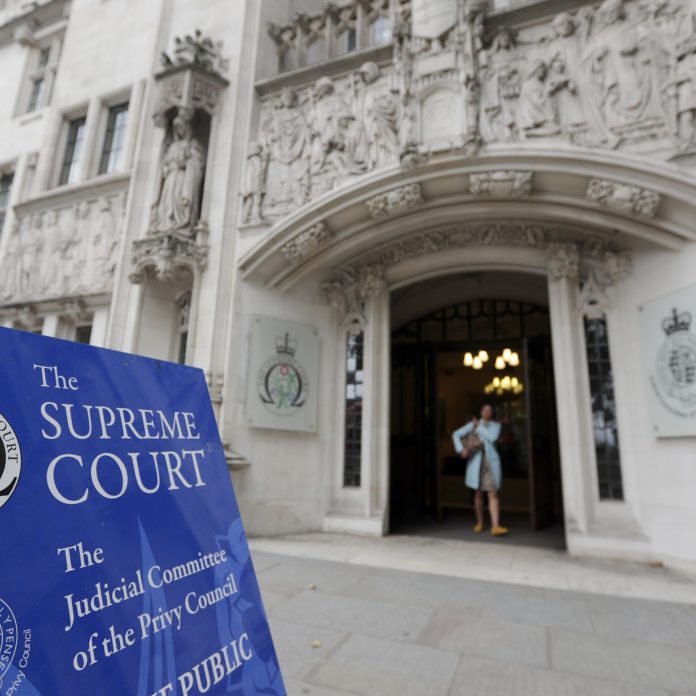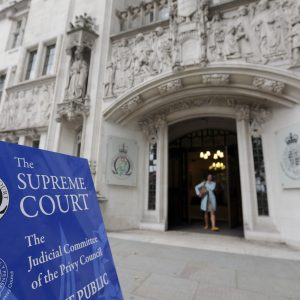UK Supreme Court
By Akeem Atoyebi
In a landmark ruling that signposted triumph for women and setback for trans-gender people, judges at the UK Supreme Court, Wednesday in unanimity ruled that a woman was defined by biological sex not ideology under the UK’s equalities law.
The judgment was the climax of a long-running legal battle which could have major implications on how sex-based rights apply across Scotland, England and Wales and followed a case brought against the Scottish government by a campaign group, For Women Scotland.
The group argued for a “common sense” interpretation of the words man and woman, telling the court that sex is an “immutable biological state”.
The group had stressed that sex-based protections should only apply to people that are born female.
However, the Scottish government maintained in court that transgender people with a gender recognition certificate (GRC) are entitled to the same sex-based protections as biological women, adding that obtaining a GRC amounts to a change of sex “for all purposes”.
The Supreme Court was asked to decide on the proper interpretation of the 2010 Equality Act, which applies across Britain, whether the word “sex” means biological sex, or legal, “certificated” sex as defined by the 2004 Gender Recognition Act.
Delivering the judgment, Lord Hodge said the central question was how the words woman and sex are defined in the legislation.
He told the court: “The unanimous decision of this court is that the terms woman and sex in the Equality Act 2010 refer to a biological woman and biological sex.
“But we counsel against reading this judgement as a triumph of one or more groups in our society at the expense of another, it is not,” and stressed that the law still gives protection against discrimination to transgender people.
He added that the legislation gives transgender people “protection, not only against discrimination through the protected characteristic of gender reassignment, but also against direct discrimination, indirect discrimination and harassment in substance in their acquired gender”.
The Equality Act provides protection against discrimination on the basis of various characteristics, including “sex” and “gender reassignment”.
Speaking outside the Supreme Court following the ruling, For Women Scotland co-founder, Susan Smith said: “Today, the judges have said what we always believed to be the case, that women are protected by their biological sex.
“Sex is real and women can now feel safe that services and spaces designated for women are for women and we are enormously grateful to the Supreme Court for this ruling.”
First Minister, John Swinney, said the Scottish government accepted the judgement.
He posted on social media: “The ruling gives clarity between two relevant pieces of legislation passed at Westminster. We will now engage on the implications of the ruling.”
Swinney added: “Protecting the rights of all will underpin our actions.”


